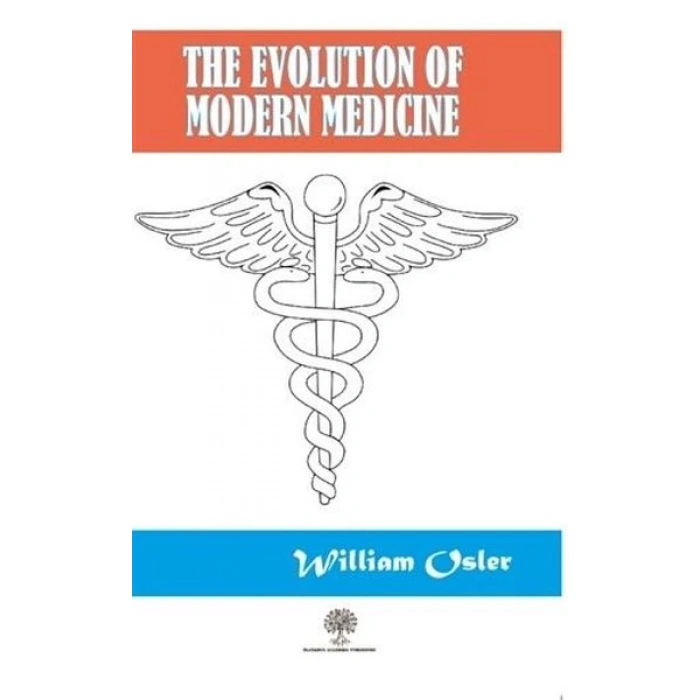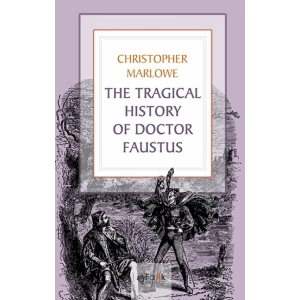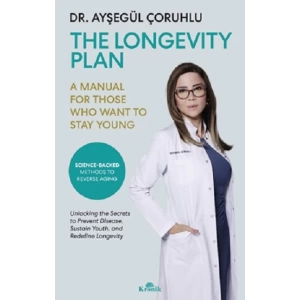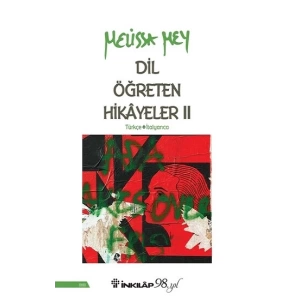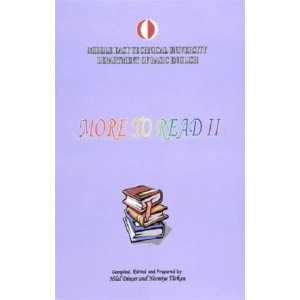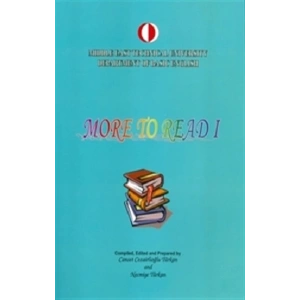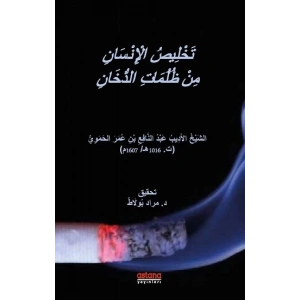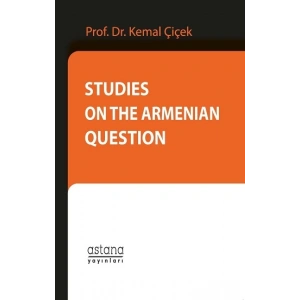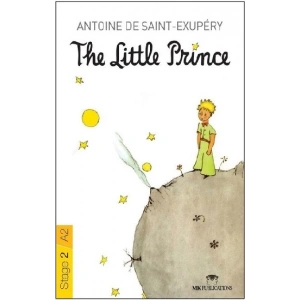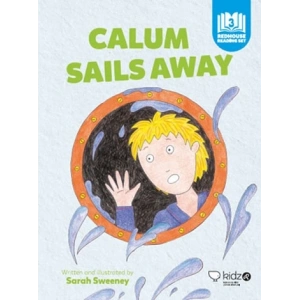Our knowledge of Egyptian medicine is derived largely from the remarkable papyri dealing specially with this subject. Of these, six or seven are of the first importance. The most famous is that discovered by Ebers, dating from about 1500 B.C. A superb document, one of the great treasures of the Leipzig Library, it is 20.23 metres long and 30 centimetres high and in a state of wonderful preser vation. Others are the Kahun, Berlin, Hearst and British Museum papyri. All these have now been published the last three quite recently, edited by Wreszinski. (7) I show here a reproduction from which an idea may be had of these remarkable documents. They are motley collections, filled with incantations, charms, magical formulae, symbols, prayers and prescriptions for all sorts of ailments. One is impressed by the richness of the pharmacopoeia, and the high development which the art of pharmacy must have attained. There were gargles, salves, snuffs, inhalations, suppositories, fumigations, enemata, poultices and plasters; and they knew the use of opium, hemlock, the copper salts, squills and castor oil. Surgery was not very highly developed, but the knife and actual cautery were freely used.


